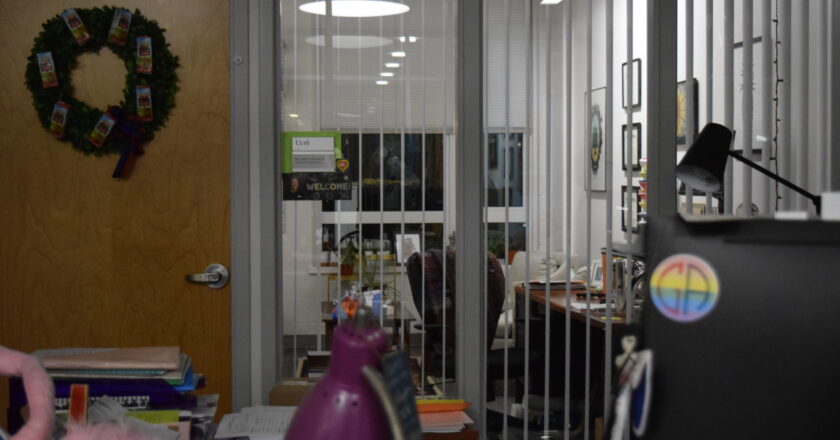GA has seen four Upper School Heads in the past nine years. It’s time for a change. Or rather, stability.
As the leader of GA’s largest division of 575 students and 80 faculty members, a Head of Upper School takes on a myriad of responsibilities. These include everything from developing a long-term, strategic vision for the Upper School and carrying it out through academic and extracurricular programs to more everyday responsibilities that respond to the immediate needs of the school.
But overarching these responsibilities is a Head of Upper School’s ultimate job: to serve the needs of the Upper School as a whole. A major part of this role includes innovating and bringing change that ultimately improves the Upper School experience.
However, building truly necessary and meaningful change requires a Head of Upper School to have a connection and sensitivity to the school community’s needs and, more importantly, culture, which takes many years of being in the position to develop.
Student culture can seem invisible to a passerby, and, to an extent, it is—it hides within the walls of the school and permeates the air we all breathe as members of the Upper School, and we often aren’t aware of it at all. But it is extremely real and is as, if not more, important to a student’s GA experience as academics or extracurricular activities are.
It’s easy for anyone familiar with GA to list off things that make the Upper School unique (take House Olympics and GA/PC Day, for example), but truly understanding the subtle nuances of the Upper School’s culture requires a considerable amount of time of observing school life, especially for administrators who tend to have less opportunities for organic interaction with students than a typical member of the Upper School.
What conversations do students have in the hallway? How do students and teachers interact outside of class? What do students care about? Grades? Sports? Friends? Answers to questions like these only reveal themselves over numerous years of being immersed in the school community but uncover much more about the state of the student body and what it needs.
Understanding school culture is just one part, however. Truly bettering a school means implementing and sustaining meaningful change that lasts.
This looks like not only developing changes in accordance with the needs of the current student body but also seeing these changes over multiple years to build on and fit them to the evolving needs of the school. Impactful, long-term transformation of a school’s culture, curricular programming or professional development only shows its fruits after years of the change at work.
In the same vein, it’s a critical part of an Upper School Head’s job to develop a strategic vision for the Upper School, but vision only turns into realized change with consistent guidance developed over the years.
An effective Upper School Head possesses a unique sensitivity to the school community’s culture and understanding of what changes it needs and what changes it can handle.
But moreso than that, as the Upper School comes out of a past decade filled with administrative leadership transitions, GA needs a Head of Upper School who is committed to being a long-term presence and building a long-term impact.

